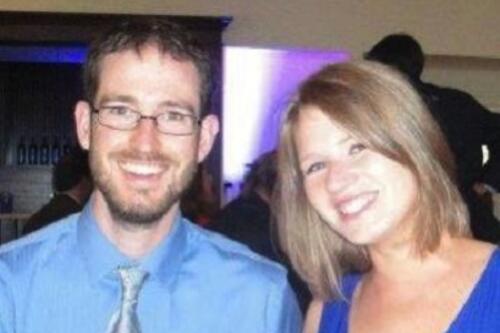
Honestly, I can't remember why I majored in English - I came to campus as a communications major - but I'm pretty certain I stuck with it because of the professors in the English department and the thought-provoking, challenging classes that they taught. I graduated with a double major in English and sociology and found that the classes I took in the English department offered a unique opportunity to think critically about differing perspectives that have a great impact on the social issues of our time - perspectives on race, gender, and social class that were also reflected in my sociology courses. I so enjoyed assignments in my English courses where our only instruction was to write a paper; this freedom truly developed my critical thinking skills, and I believe this is the main reason I have been successful in my research career to date.
After Geneseo, I continued my education at the Jack, Joseph and Morton Mandel School of Applied Social Sciences at Case Western Reserve University, gaining my Master of Science in Social Administration with a concentration in community development. I was looking for a way to be involved in "righting" the issues we had discussed in my classes. While in this graduate program I worked in the community development field and also the policy research field, and really got to put my English degree to use researching and writing policy papers. After graduating, I joined the Center on Urban Poverty and Community Development, a research center at the school I graduated from. Our organization's mission is to promote data-driven policy and decision-making. We are a founding member of the National Neighborhood Indicators Partnership at the Urban Institute and are a leading organization in the world of integrated data systems and applications. I have worked on research and evaluation of mixed-income development housing projects, and on properties and foreclosure; provided technical assistance to community development organizations; and participated in various other consultative projects. (If I can continue to brag, I am probably most proud of our Neighborhood Stabilization Team work, which was recognized by the Federal Reserve: you can get a sense of it on YouTube at http://www.youtube.com/watch?v=vif2_9xIXDs).
Regardless of whether you want to change the world or make a buck, real-world employers need problem-solvers: people who are willing to dive in head-first, examine and analyze the problem, brainstorm and assess potential solutions, and carry out the best ones. No one is going to walk you through your job step-by-step. My time as an English major is where I learned these skills. I work in an academic environment and come across so many students (and other colleagues or professionals in other fields, for that matter) who do not have these skills, and I've seen how limiting it is. Be excited to take on new tasks and new challenges; never utter the words "that's not my job"; if you do, you're in the wrong place. Get used to the bad writing of others; unfortunately, it's everywhere. If you're a decent writer, you're eons ahead of everyone else.